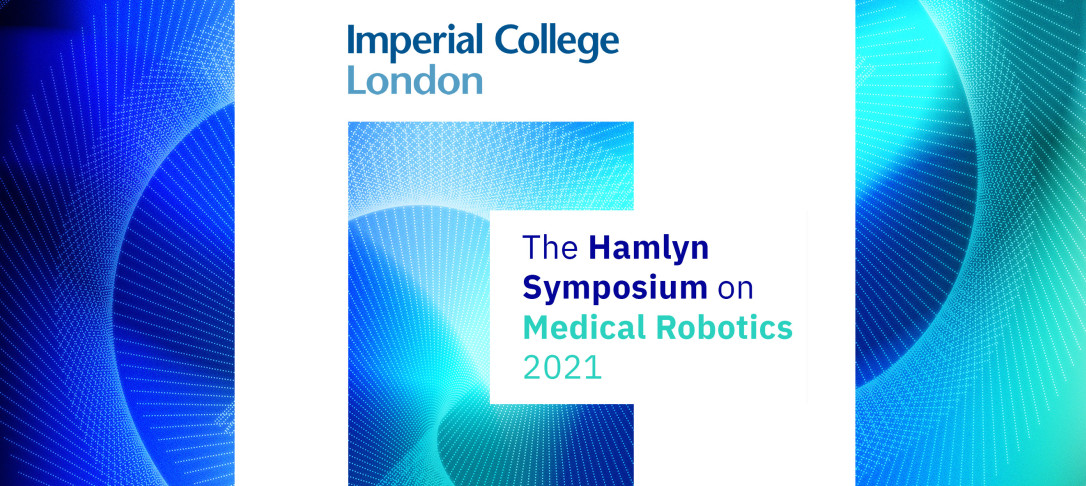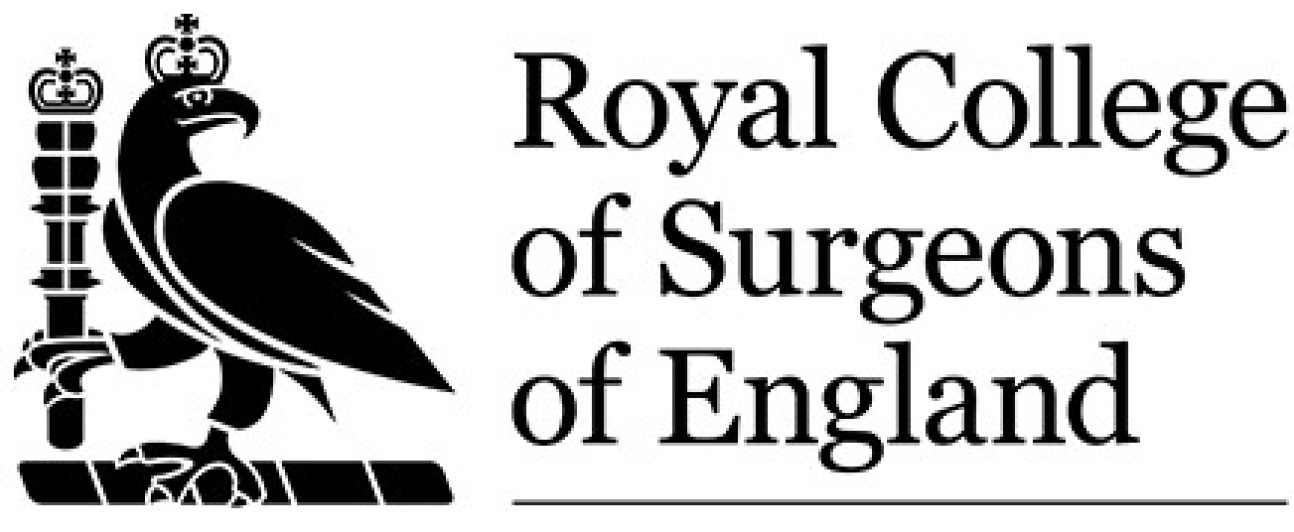
The Hamlyn Symposium on Medical Robotics (HSMR) is now in its 13th year and has provided an annual forum for surgeons and engineers from across the globe to network and explore the latest developments in medical robotics. Every year researchers, clinicians and engineers are invited to submit papers on a range of topics covering clinical specialities in Urology, Cardiac Surgery, Neuro Surgery, Thoracic Surgery, General Surgery, Gynaecology, ENT, Orthopaedic and Paediatric Surgery.
This year we plan to build beyond the previous achievements and take the symposium to even higher successes with the theme of ‘Surgery and Beyond’. We have already received full CPD accreditation from the Royal College of Surgeons and to complement this we are planning a programme with increased focus on clinical practitioner centered talks, workshops and presentations.
Hamlyn Symposium on Medical Robotics 2021: Workshop
 Endoscopy is the gold-standard method to visualize internal organs and structures such as the mammary and respiratory tract as well as, recently the intrauterine environment. In addition to direct visualisation of the mucosa, the procedure enables tissue manipulation and the procurement of histological samples important for the diagnosis and assessment of pathologies. It certain circumstances endoscopy can facilitate resection of mucosal lesions and avoid the morbidity of traditional surgical approaches. Conventional clinical endoscopic systems face challenges related to instrument dexterity and the recreation of tactile sensing and feedback. To overcome these limitations and shorten the learning curves required for technically challenging procedures, robotic endoscopic systems have been developed.
Endoscopy is the gold-standard method to visualize internal organs and structures such as the mammary and respiratory tract as well as, recently the intrauterine environment. In addition to direct visualisation of the mucosa, the procedure enables tissue manipulation and the procurement of histological samples important for the diagnosis and assessment of pathologies. It certain circumstances endoscopy can facilitate resection of mucosal lesions and avoid the morbidity of traditional surgical approaches. Conventional clinical endoscopic systems face challenges related to instrument dexterity and the recreation of tactile sensing and feedback. To overcome these limitations and shorten the learning curves required for technically challenging procedures, robotic endoscopic systems have been developed.
Robotics can overcome the challenges faced by the human operator, and more precisely manipulate and articulate endoscopes at millimetre scale. Endoscopic systems operating at a low level of autonomy replicate the movement of the clinician’s hands by the tips of the robotic surgical instruments. Robots with some degree of autonomy have been developed for endovascular and gastrointestinal applications. Furthermore, robotic tools have been developed to improve tissue manipulation by providing the clinician with tactile or haptic sensing or compensating tremor during microsurgery. Navigation algorithms can enable precision access to suspicious areas within the endoscopic environment, thereby negating the need for repetitive scans and costs of data processing. The in situ deployment of sensors can facilitate tissue characterisation, for instance optical fibre Raman spectroscopy (RS) for analysis of healthy tissue against early signs of cancer, macroscopic-scale imaging using Optical Coherence Tomography (OCT) which analyses differences in epithelial scattering properties, and probe based Confocal Laser Endomicroscopy (pCLE) for sub-cellular nuclear visualisation. Machine learning methods for data processing can improve navigation by identifying regions which require more detailed sub-cellular imaging, and enhance the reliability and rapidity of early diagnosis.
This workshop will bring together international experts from surgical, industrial and technology research areas to discuss the latest advances in the field of robot-assisted endoscopy. A comprehensive picture of the challenges of endoscopy will be drawn, marking the current state of practice. Focusing on endoscopy at scale, the most interesting research directions for the near future will be identified. Advances in flexible robotic endoscopic systems will be presented with special emphasis on the application of fetal surgery. Furthermore, autonomous navigation inside the bronchial tree will be explored. The workshop will end with a discussion session to summarise the key elements of robot-assisted endoscopy and the main challenges to be addressed in the coming years.
Programme
16:00-16:05: Introduction & Welcome
16:05-16:25: Mr. Gerald Gui – Nipple fluid and duct endoscopy: practicalities and pitfalls
16:25-16:45: Dr. Manu Vander Poorten – Flexible Endoscopy for Fetal Surgery, advances from the GIFT-Surg project
16:45-17:05: Dr. Menglong Ye – Robot-Assisted Bronchoscopy with the Monarch Platform
17:05-17:30: Q&A and Discussion
This workshop is worth 1.5 CPD points, please register to qualify for certification.
